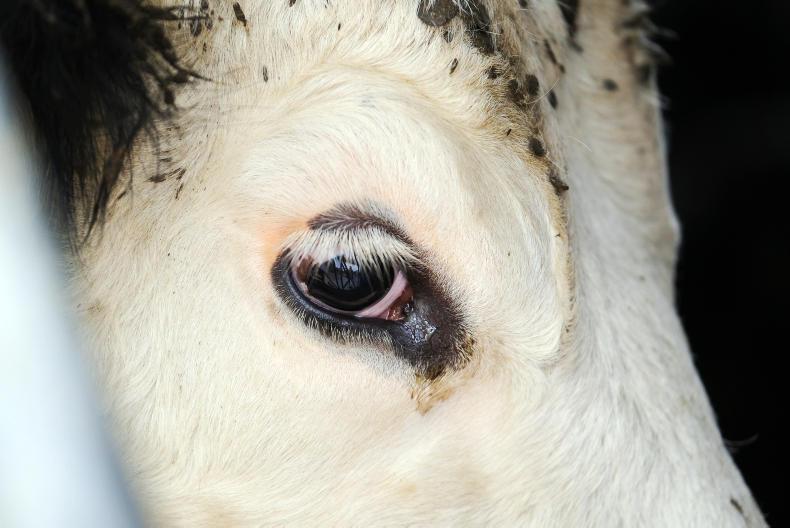While the good weather has been welcomed across the country, with the weather changing again we can never take our eye off the ball with animal health.
The Irish Farmers Journal team has been up and down the country at mart events talking to farmers. The general consensus is that animals are healthy, but the usual suspects are appearing such as cryptosporidium and some pneumonia in calves indoors.
Talking to sheep farmers, they are concerned also about the condition of their ewes.
With cows and sheep coming up to lambing, don’t pull back on energy because you will compromise colostrum quality. In fact, we need increased levels of protein and energy two to three weeks in advance of lambing.
A lot of the foetal growth occurs in calves between seven and eight months, so restricting feed before calving will have more bad effects than good. Where prolapses are a risk in ewes, we can bring down the bulk of the diet but we must maintain the energy and the protein.
Don’t spare the straw on them – it’s not expensive but disease can be
People are tired of me talking about colostrum but it is the most essential ingredient in the health of young stock. We must ensure we do not compromise its quality.
As always, straw is worth its weight in gold for young lambs and calves in the first days and weeks of life. Don’t spare the straw on them – it’s not expensive but disease can be.
Many dairy farmers and vets are also reporting increased cases of milk fever in cows. Watch out for these cases and go back and look at the risks in the dry cow diet which are low magnesium, high potassium and high calcium. Aim for a minimum of 40g to 50g/cow/day of magnesium in the diet.





SHARING OPTIONS